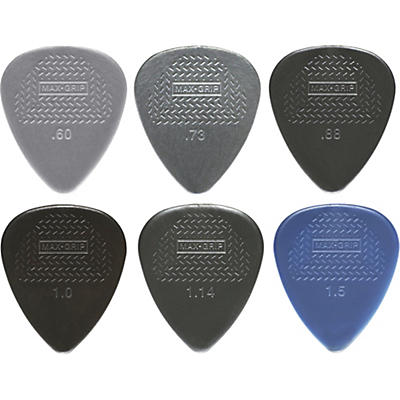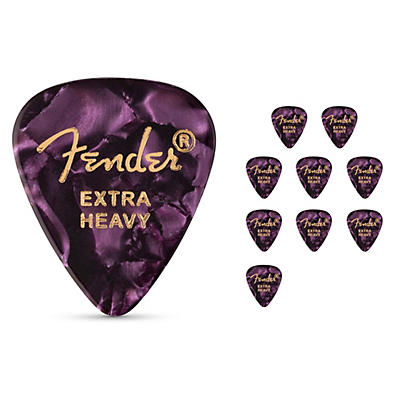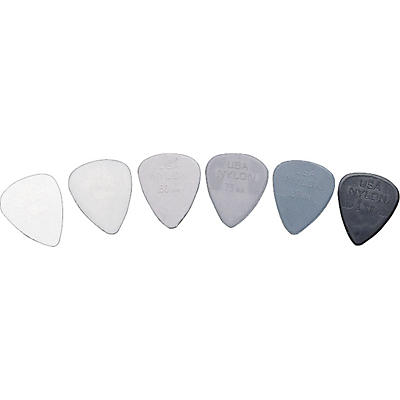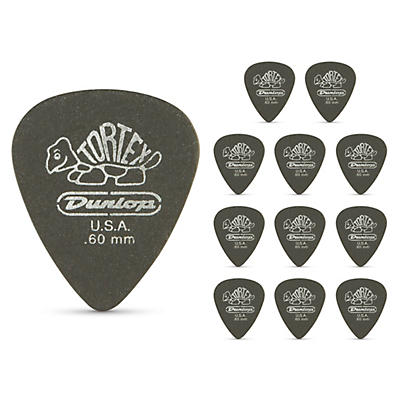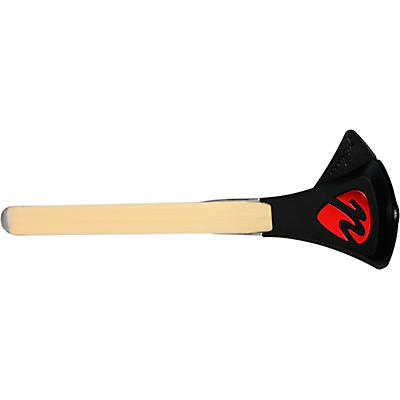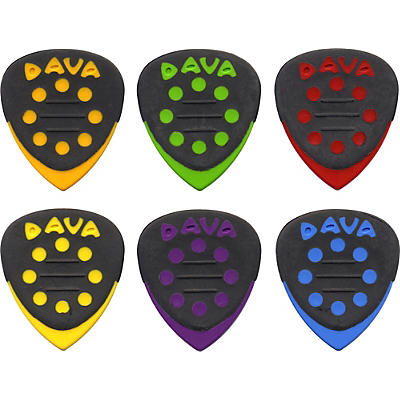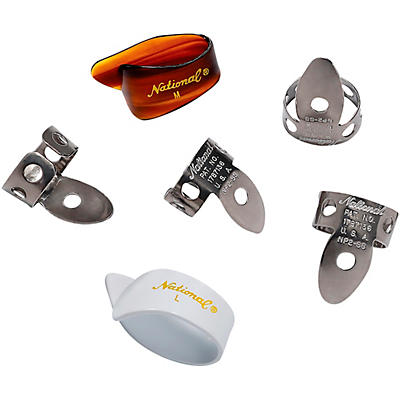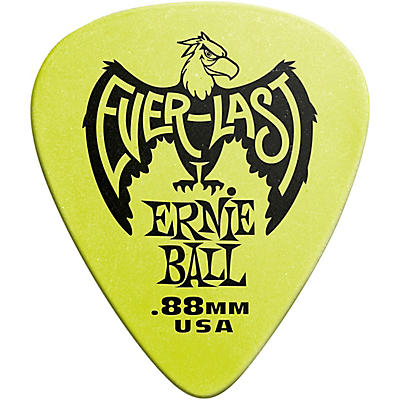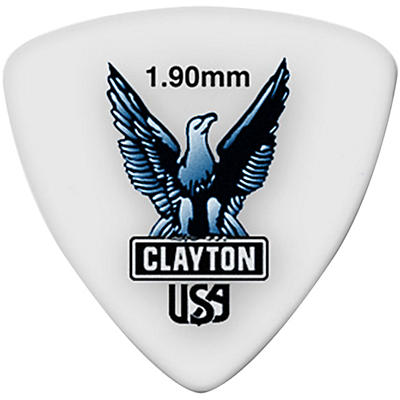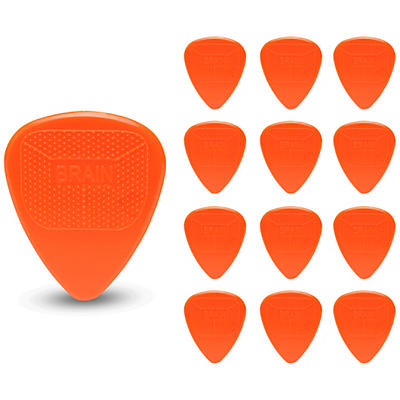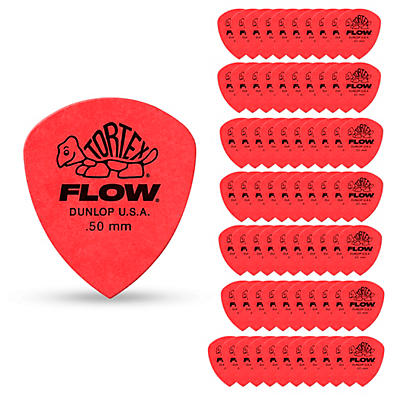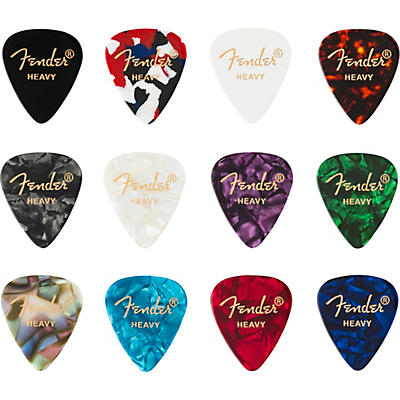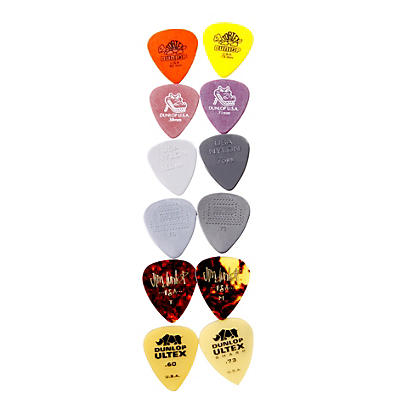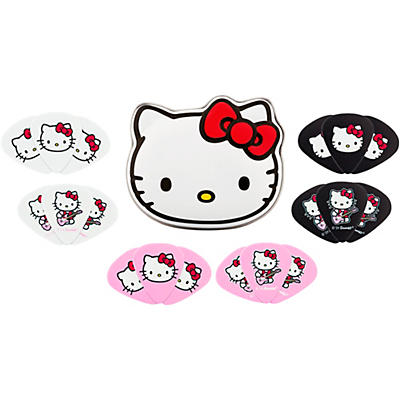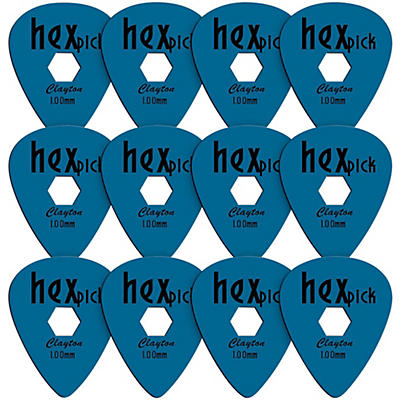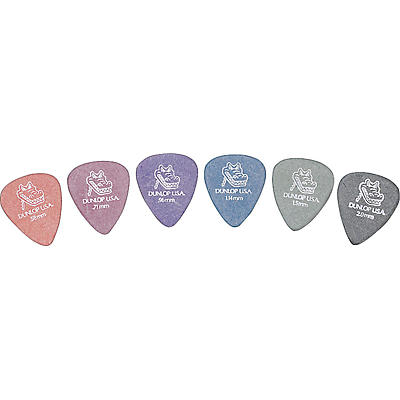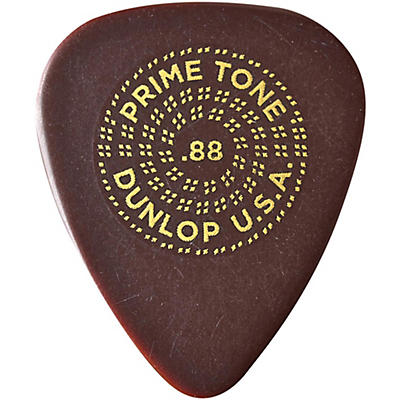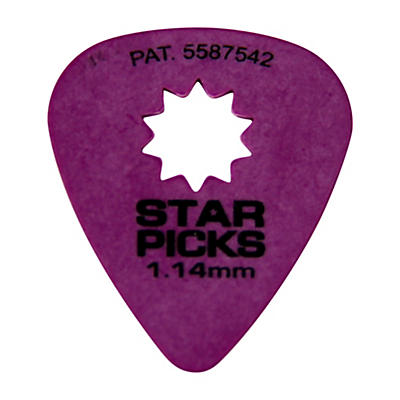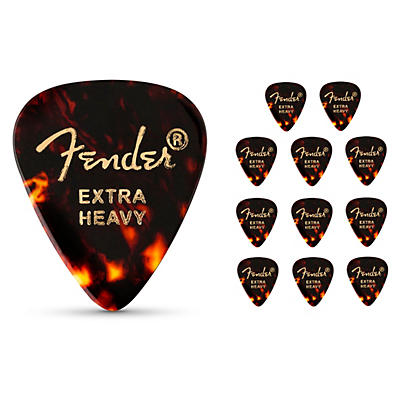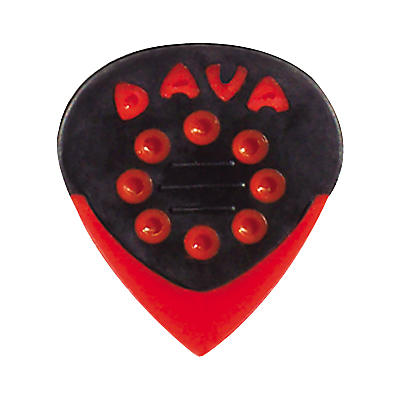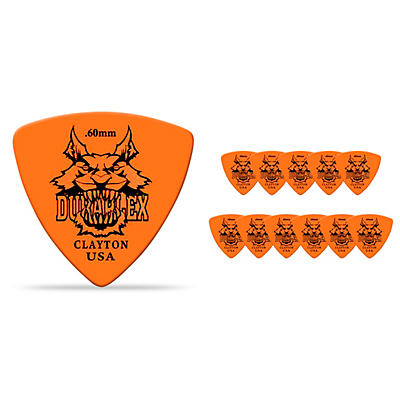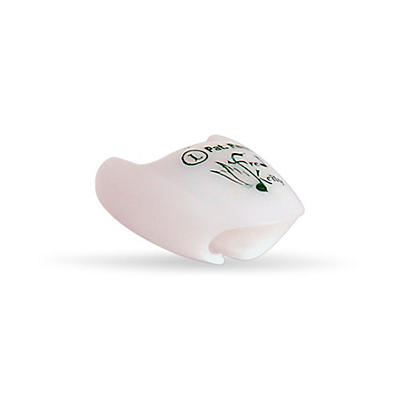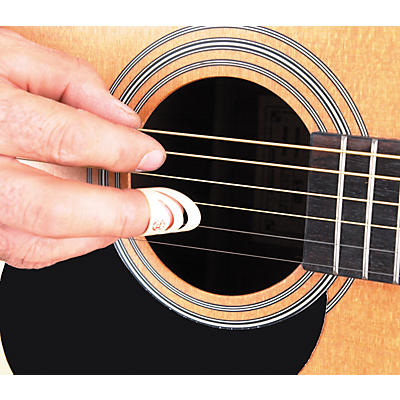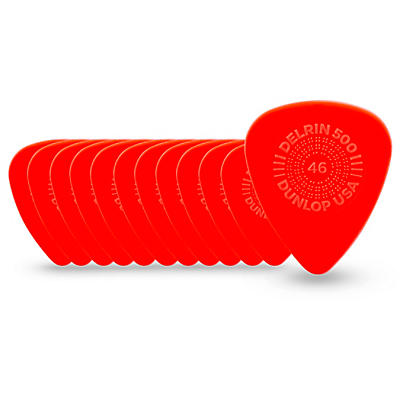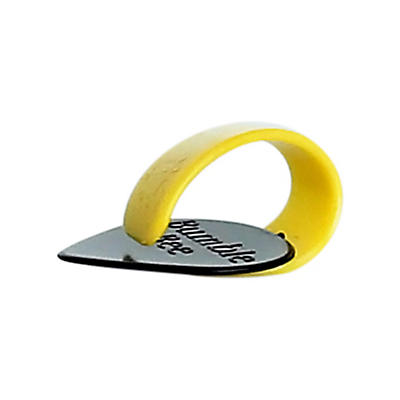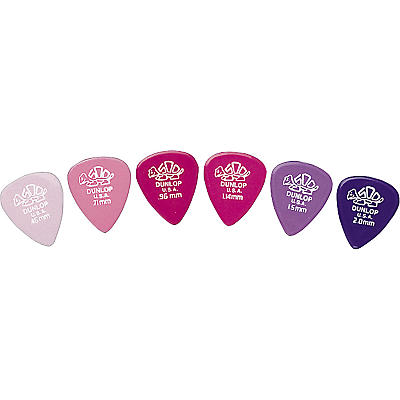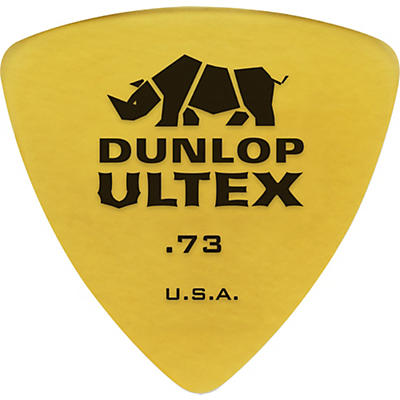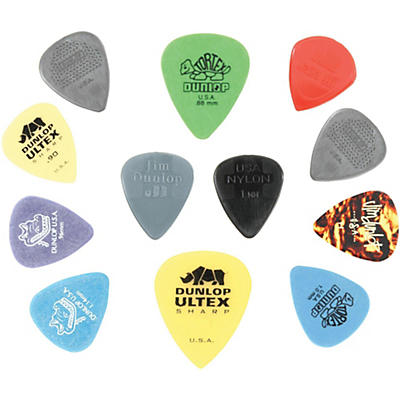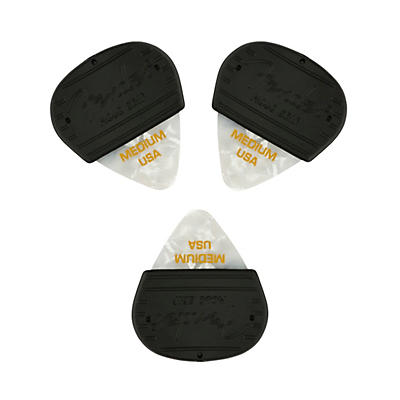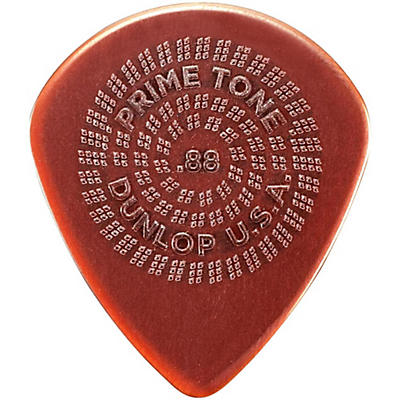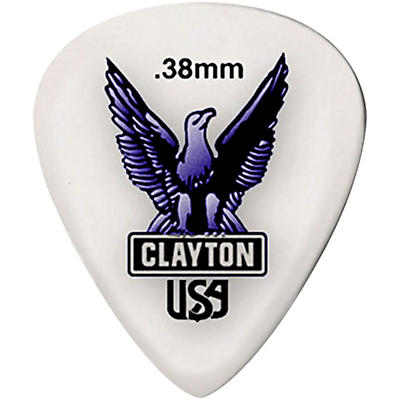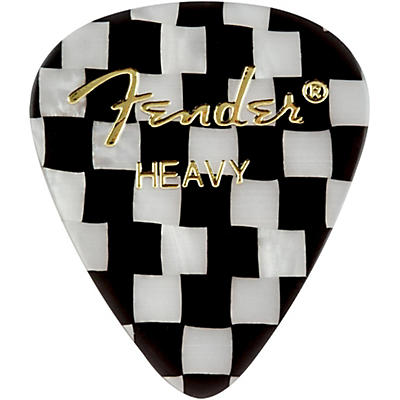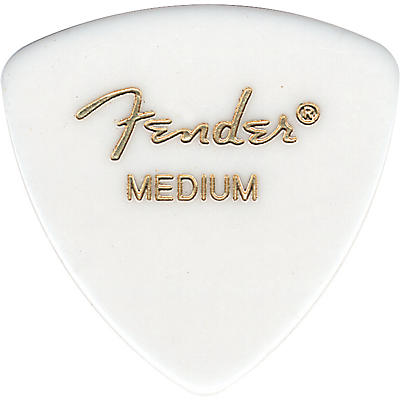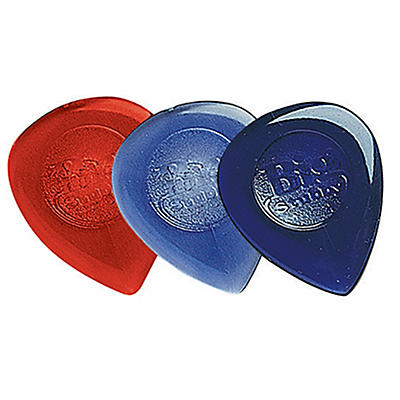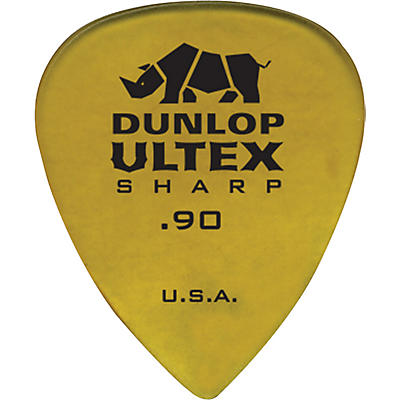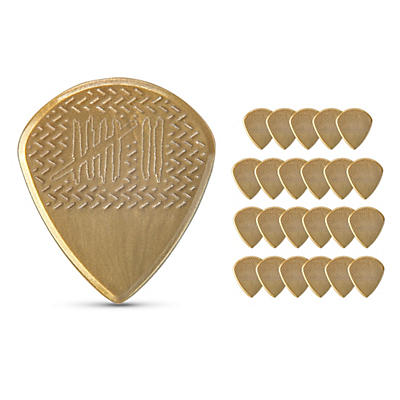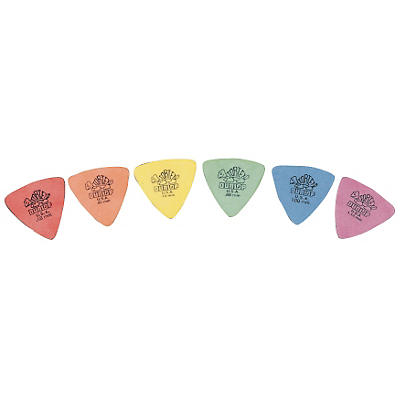Every fretted instrument musician has their pick of choice, and you'd have a hard time convincing them to go with anything else. The simple truth is that we all play differently, and certain picks are better for some playing styles than they are for others. From its shape and thickness to the material it's made from, these are all factors to consider before choosing a pick. Whether you prefer a thick, sharper-tipped pick for intricate leads or a thin, rounded-edge pick for strumming acoustically, you'll find that today's selection of picks is loaded with choices to match every preference. In these pages alone, you'll discover one top-selling variety pack after another - not only for guitarists, but bass players as well.
Of the three main factors mentioned above, let's talk about shape first. Standard picks are the most common type: they have a pleasant point to help produce a mellow tone yet they're also just thick enough to ensure a strong grip. You'll come across more than enough Standard picks in this catalog from the likes of Dunlop, Fender and Everly. Other common pick shapes include Teardrop and Jazz (both are favored for their quick response and bright sound); and Triangle (which are very easy to hold). You'll even find picks that can be worn over your thumb, including the National Picks Large White Thumb Picks 1-Dozen.
Another important pick factor to consider is the material it's made from. While the most popular are plastic picks (usually celluloid), some are made of synthetic tortoise shell-like materials such as Tortex and Delrex. Nylon is another common material type, which is preferred for its durability and affordability. Need a suggestion? Check out the Dunlop Nylon Standard Guitar Pick: one of the highest-rated items in this section.
Honestly, your best bet is to try out a variety of pick types to see what you feel most comfortable with. In addition to material and shape, you'll want to consider the pick's thickness: thinner picks are more flexible (making them ideal for strumming guitarists) while thicker picks are more solid so they're naturally better for playing scales. It's also for this reason why bass picks are so chunky (so they can handle the instrument's thick strings). There are many other materials and shapes to choose from here as well, so be sure to research each of your pick options thoroughly.







































































































































